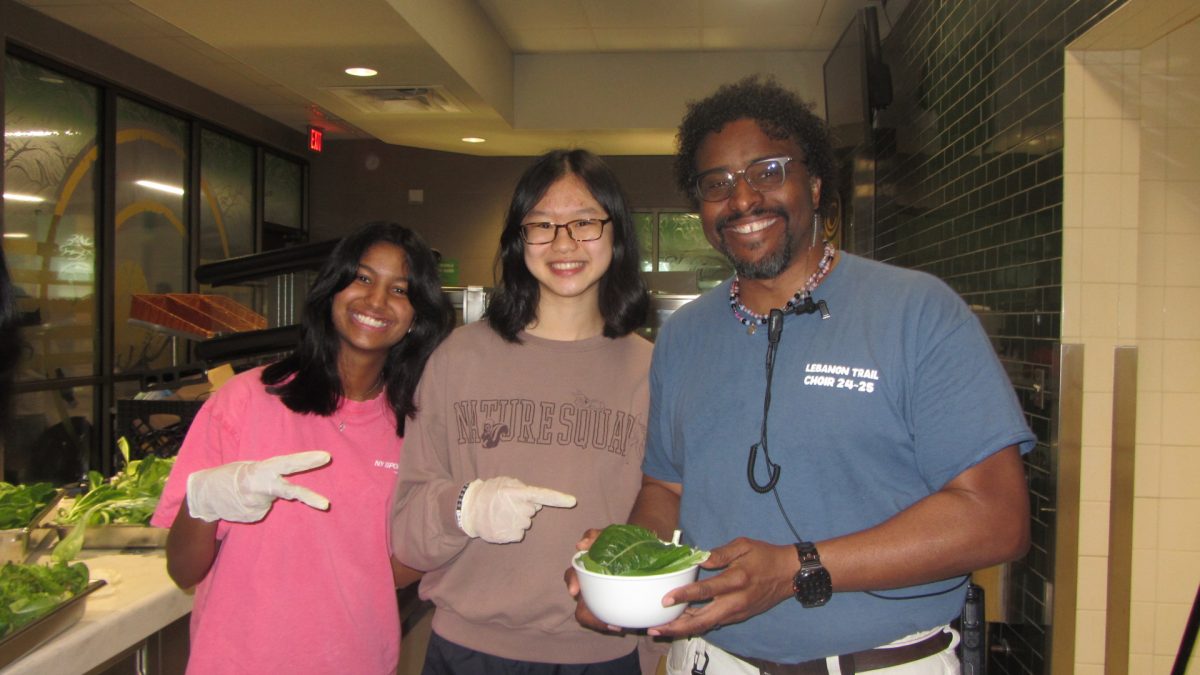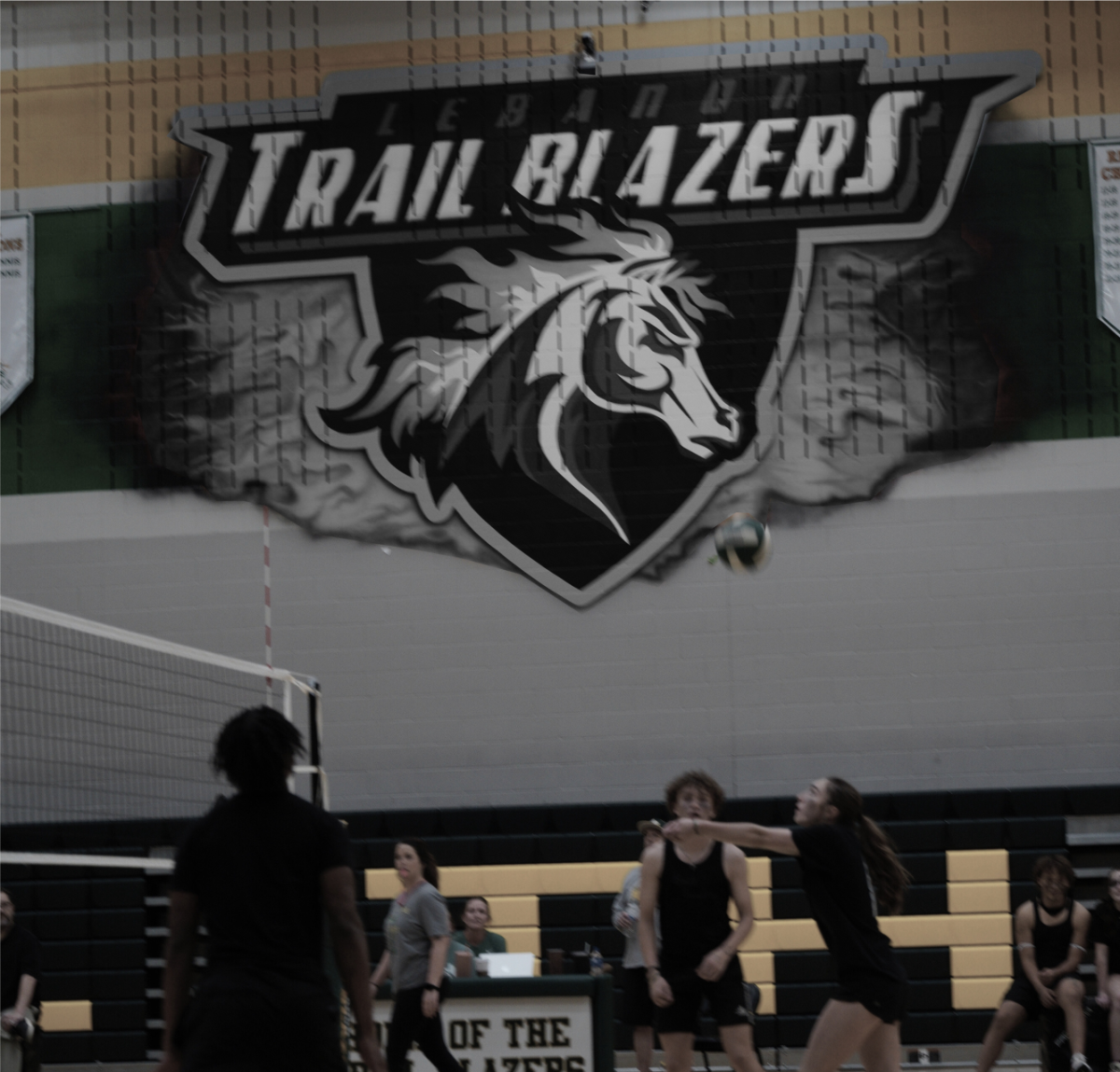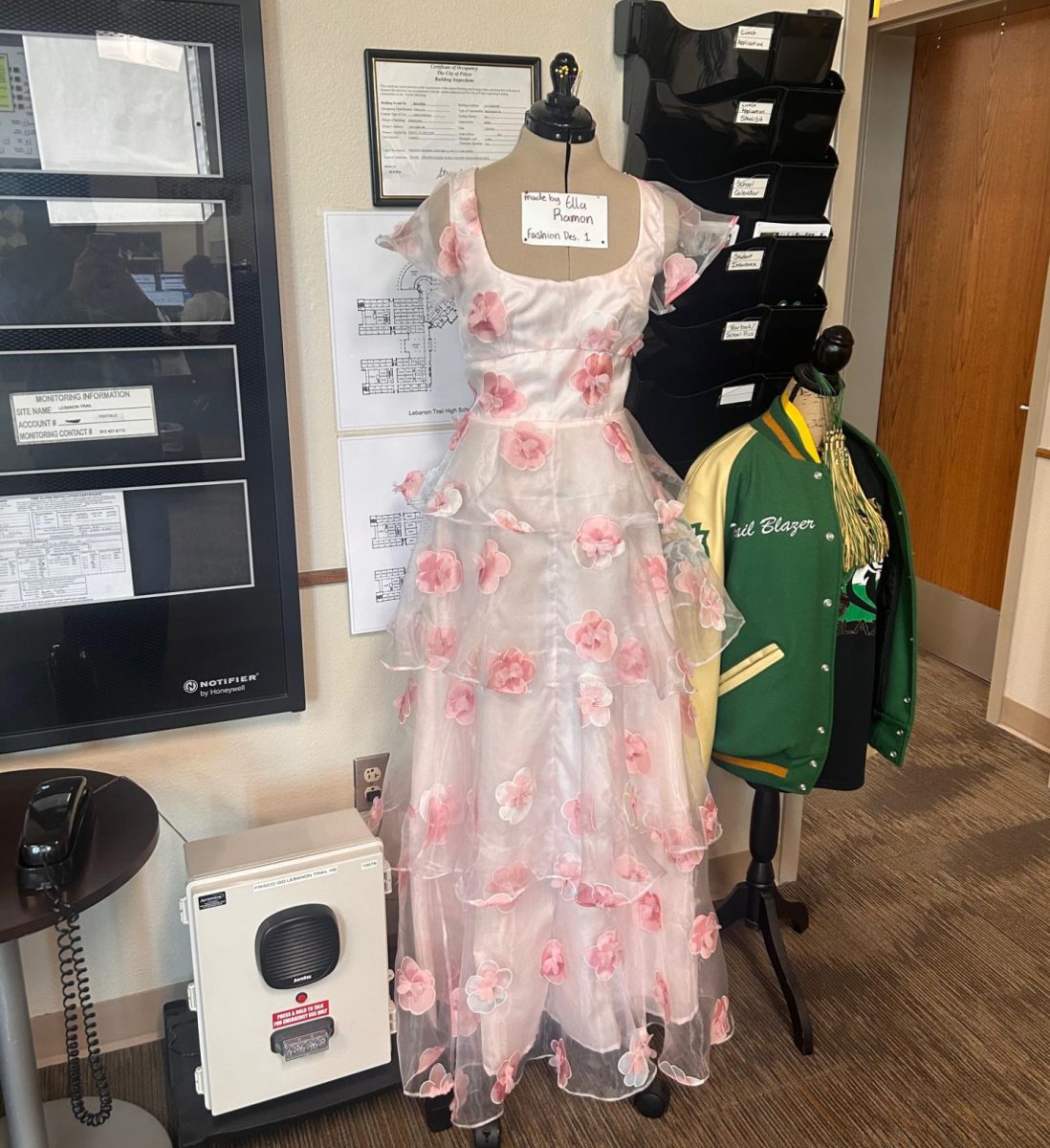Applying to college is supposed to be the next big step in our lives—a journey that is as exciting as it is important. But for many seniors in high school, the process is filled with a surprising amount of irony: instead of celebrating what makes us unique, the college application process often feels like a race to fit into the same mold as everyone else.
From the start, we are told to “stand out” to impress admissions committees. But at the same time, there’s an unspoken checklist we are encouraged to follow: good grades, high test scores, leadership roles, community service, a passion for something like music or sports, and maybe even a unique hobby. It’s ironic, by trying to make ourselves appear different, we end up doing exactly what thousands of other applicants are doing. It often feels like a balancing act between being “unique” and meeting all of the often mandatory requirements and expectations.
The college application process has also turned the idea of learning into a strategic game. Instead of focusing on taking classes we’re genuinely interested in, many of us choose courses solely for the purpose of boosting our GPAs or improving our chances of impressing colleges. There’s an irony in being asked to “learn for the love of learning” when we know that our grades, rather than our knowledge, are often what will matter most.
Then comes the financial aid process, which is filled with its own set of ironies. We’re told that colleges want hard-working, high-achieving students, but for many of us, financial aid decisions depend more on our parents’ income rather than our accomplishments. Scholarships often go to those who can already afford college, while those who need the most support may still find themselves saddled with student loans.
We’re constantly reminded to “be ourselves” on college applications, yet every essay feels like a balancing act between authenticity and strategy. How much of ourselves do we reveal? Should we focus on personal stories that show vulnerability, or is it better to highlight achievements and skills? This advice to “be genuine” is tricky when we know our essays and interviews will be reviewed by people comparing us to thousands of others.
Finally, there’s a bitter irony in realizing that the process doesn’t end with getting accepted. College itself has become competitive—an endless stream of internships, networking, and job fairs. The “finish line” of college admissions is actually just the beginning of a new set of challenges and pressures.
For high school students applying to college, the experience can feel like a blend of hope, irony, and frustration. We are all working hard to present our best selves, but in a process that often feels contradictory. Perhaps, in the end, it is less about the application itself and more about staying true to who we are, finding value in our unique paths, and not losing sight of ourselves in the chase for acceptance letters.








![McNamee, WM. (2014) "White House Press Briefing" [Photo]. Getty Images](https://lthsvanguard.com/wp-content/uploads/2025/03/170110-white-house-podium-getty-1160-1200x651.jpg)





